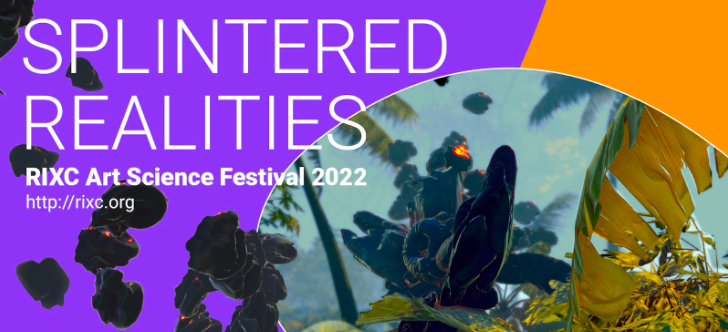-

SPLINTERED REALITIES: RIXC Art Science Festival 2022
Exciting! Check out SPLINTERED REALITIES: RIXC Art Science Festival 2022!
-
The First International Queer Death Studies Conference: CfP deadline 30 June!
The First International Queer Death Studies Conference: “Death Matters, Queer(ing) Mourning, Attuning to Transitionings” 4-5 NOVEMBER 2019, KARLSTAD UNIVERSITY, SWEDEN ORGANISERS: Queer Death Studies Network […]
-
Workshop: Becoming with Alien Encounters and Speculative Storytelling
Welcome to the workshop “Becoming with Alien Encounters and Speculative Storytelling in a More-than-human World” that takes place on 4th June at 13:15 – 16:00, […]